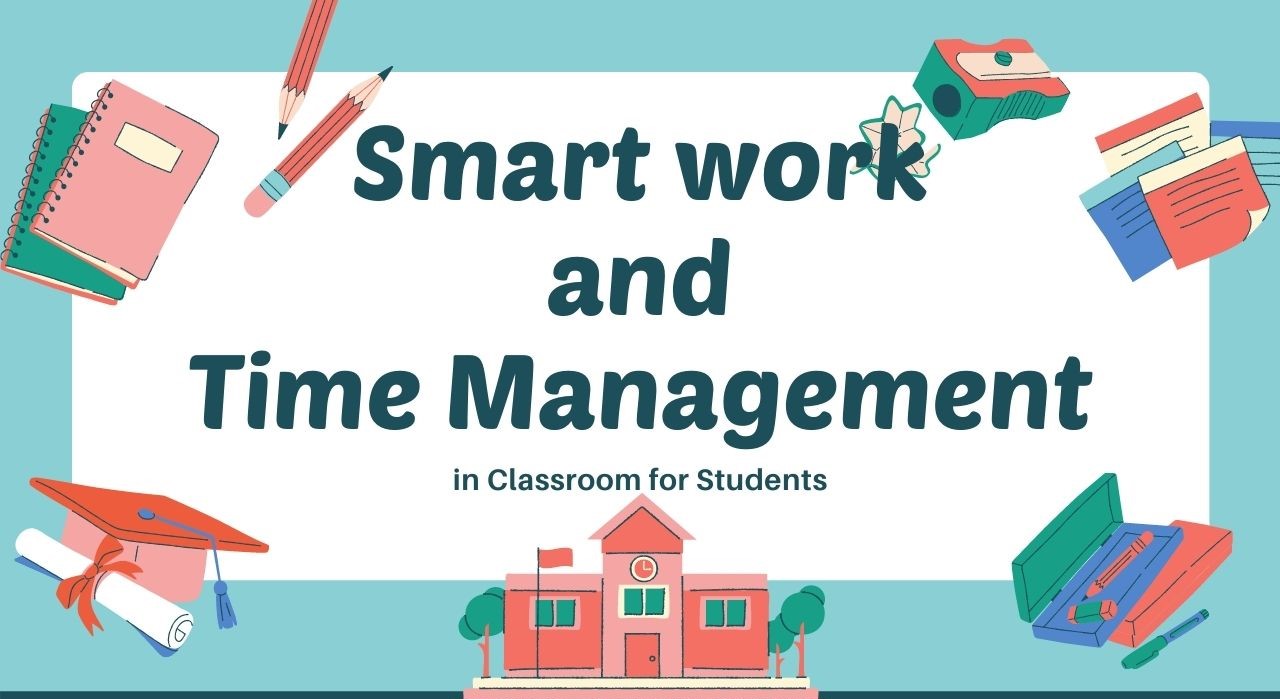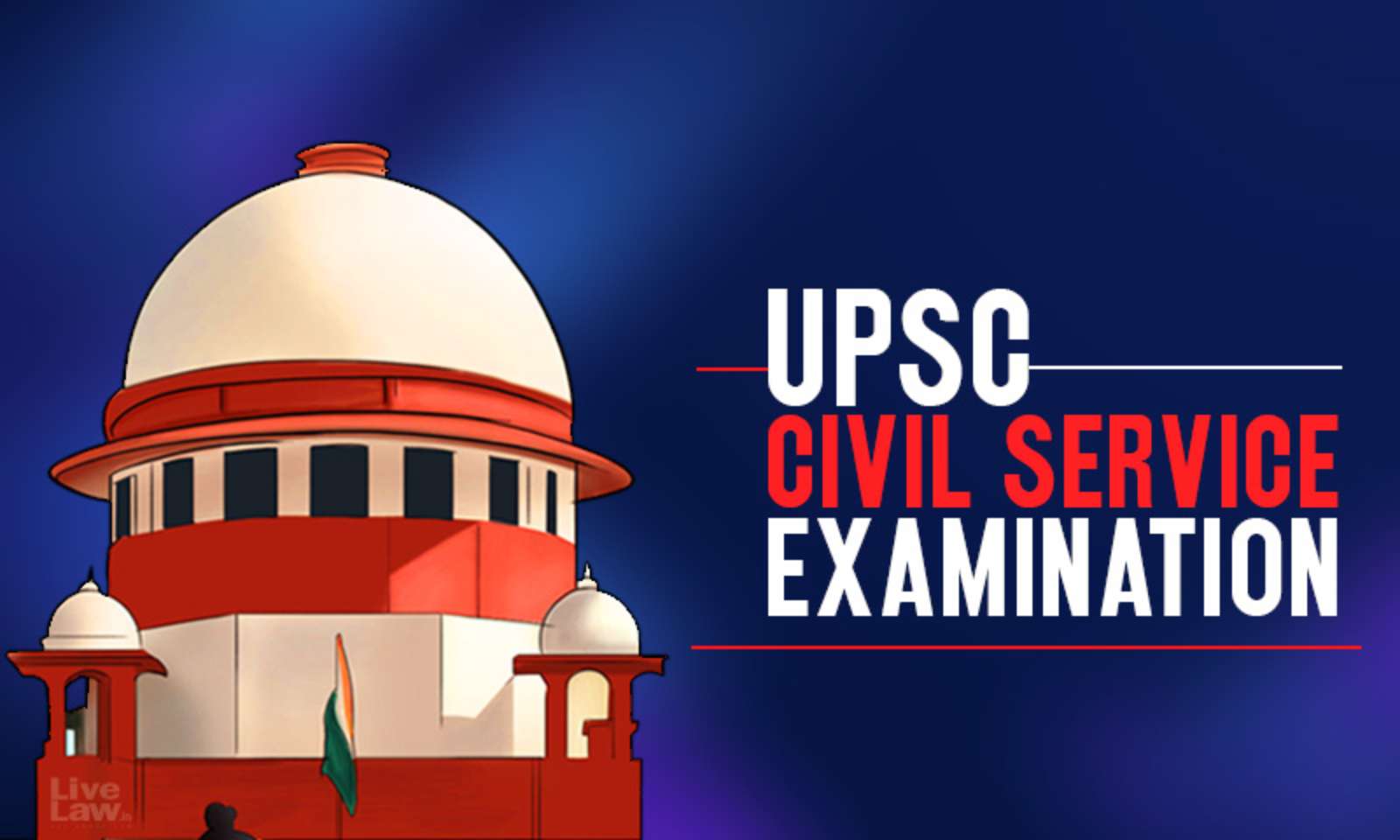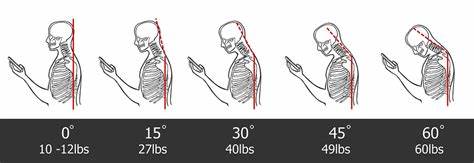Published - Sat, 02 Sep 2023

Smart Work For Students
Smart Work for
Students
1.
Effective Time Management: -Planning your study sessions ahead of time,
allocating particular period of each subject, and sticking to a time table. Use
ways to stay focused and avoid burnout.
2. Active learning:- Actively engaged with the subject by
summariziny, paraphrasing or teaching principles to others. This improves
comprehension and retention.
3. Use Of Technology: - For research note-taking and collaborative
work, use educational apps, internet resources, and digital tools. Technology
can help to simply chores and give a variety of learning possibilities.
4. Effective Note-Taking: - Use strategies such as thought mapping, the Cornell
methods or digital note-taking platforms to create short and organised notes.
This helps with comprehension and revision.
5. Collaborative Learning: - Participate in group discussion, study
sessions,0r online forums to exchange doubts, clear ideas and obtain new
insights on topics.
6. Seeking Help: - Do not be afraid to seek help from teachers, peers, or mentors
when necessary. Early clarification of doubts prevents misunderstandings from
snowballing.
7. Continuous Feedback: - Evaluate your progress
regularly and alter your techniques as needed. Consider what is working and what
needs to be improved.
8. Real-World Application: - To increase knowledge
and make learning more meaningful,
relate academic concept to real world events.
9. Adaptability And Flexibility: - Be willing to change your study methods in
response to feedback and changing circumstances.
Thank you everyone. Best
wishes for the good week ahead.
Created by
Comments (0)
Search
Popular categories
Book and writing blogs
4Information
3Latest blogs

"Cracking UPSC: A Roadmap to Success"
Fri, 06 Oct 2023

"Stressed Out: Unpacking the Impact of Forward Head Posture on Your Well-Being"
Thu, 05 Oct 2023

Navigating the NEET: Your Ultimate Guide to Success
Mon, 04 Sep 2023

Write a public review